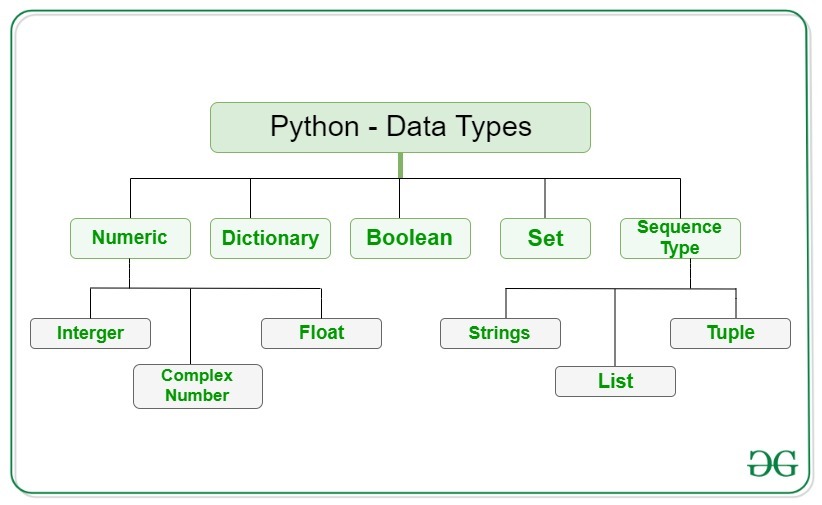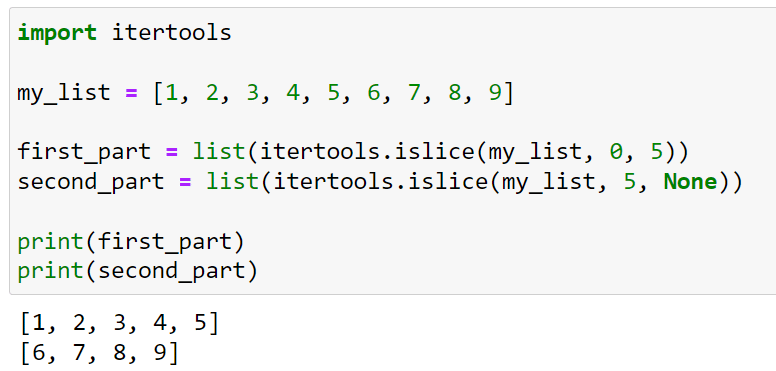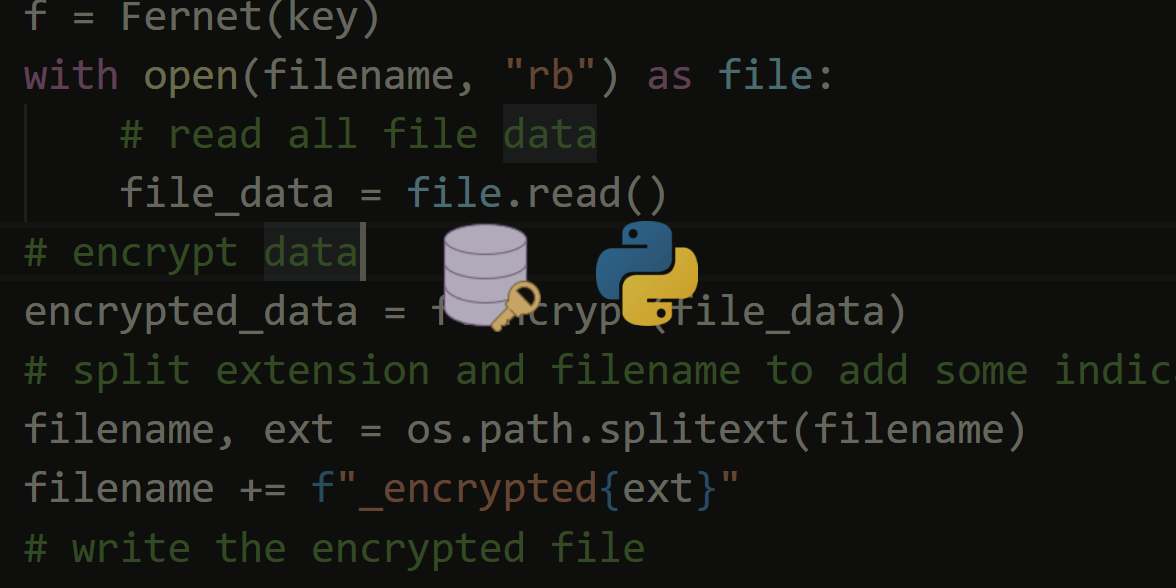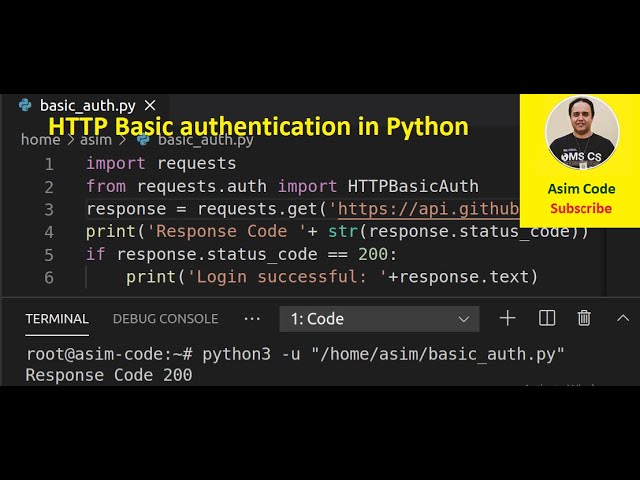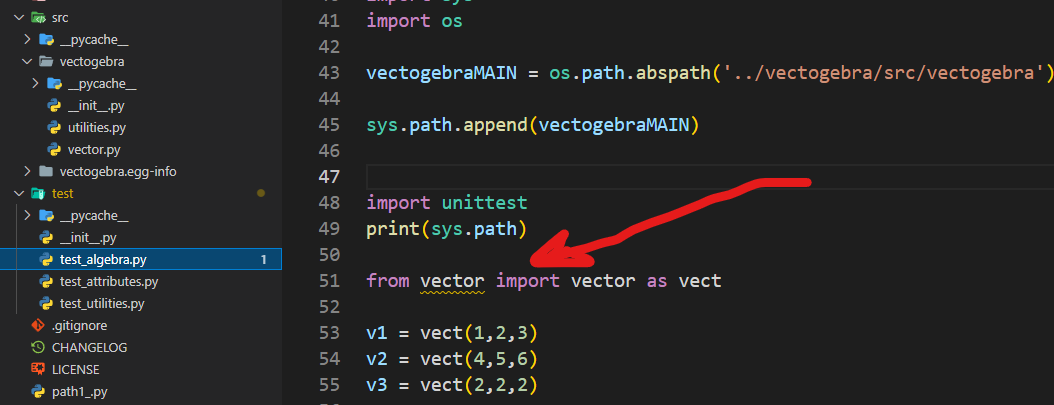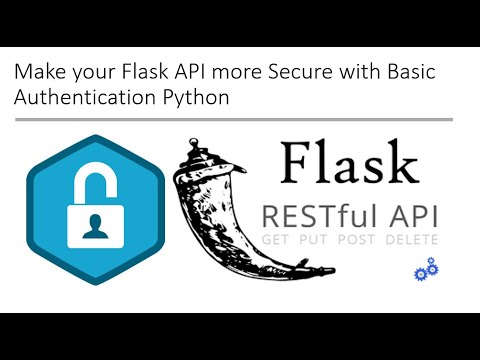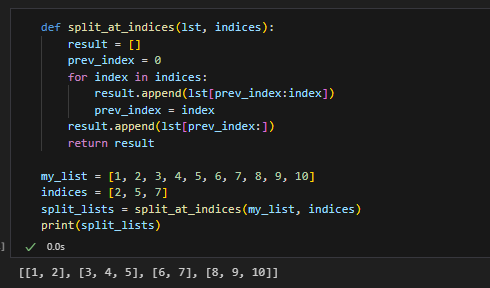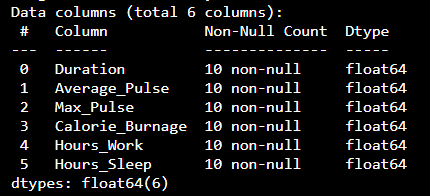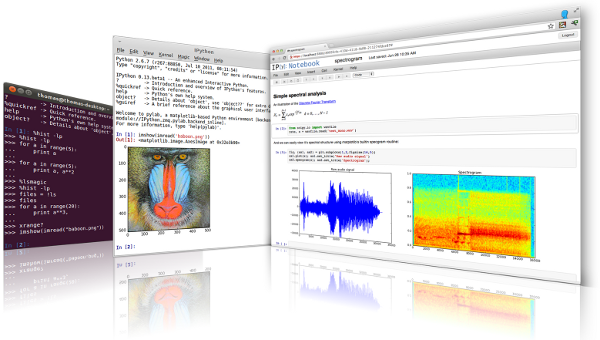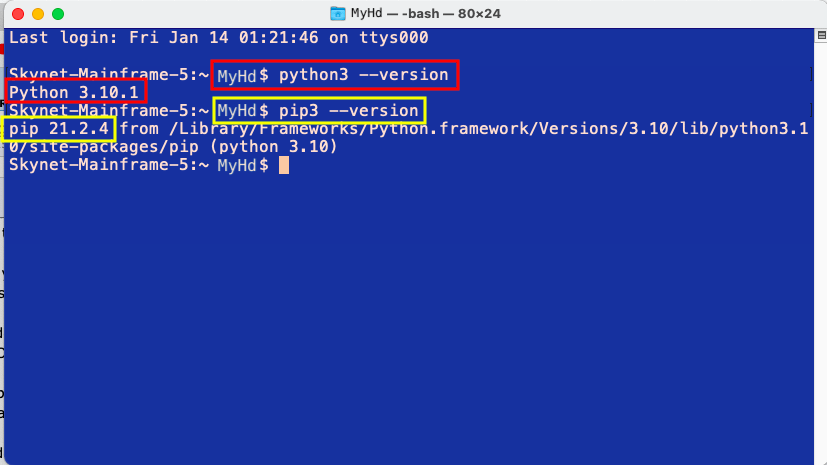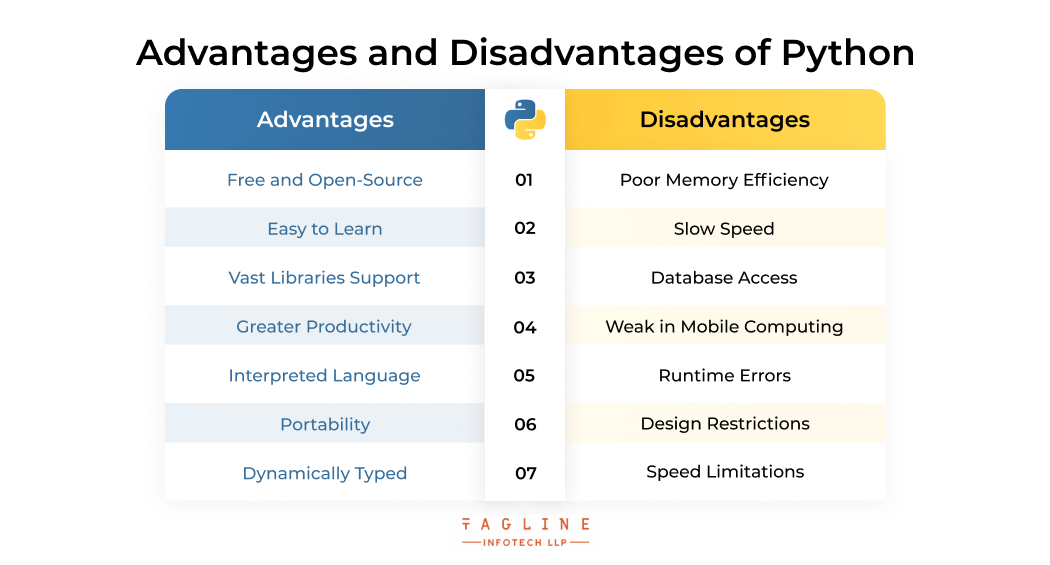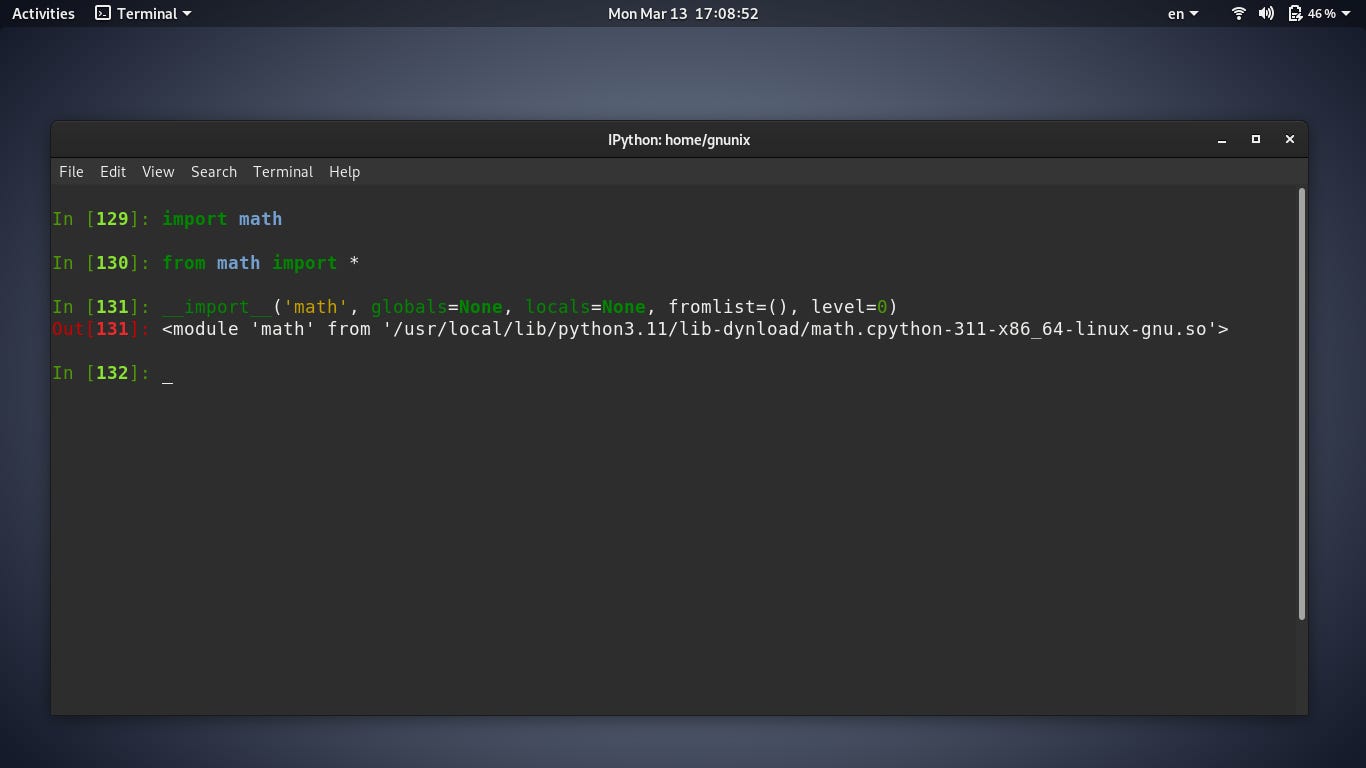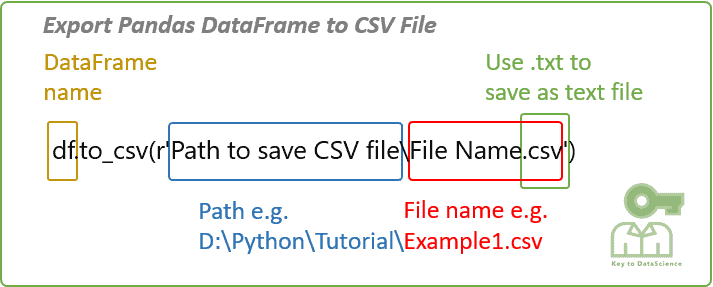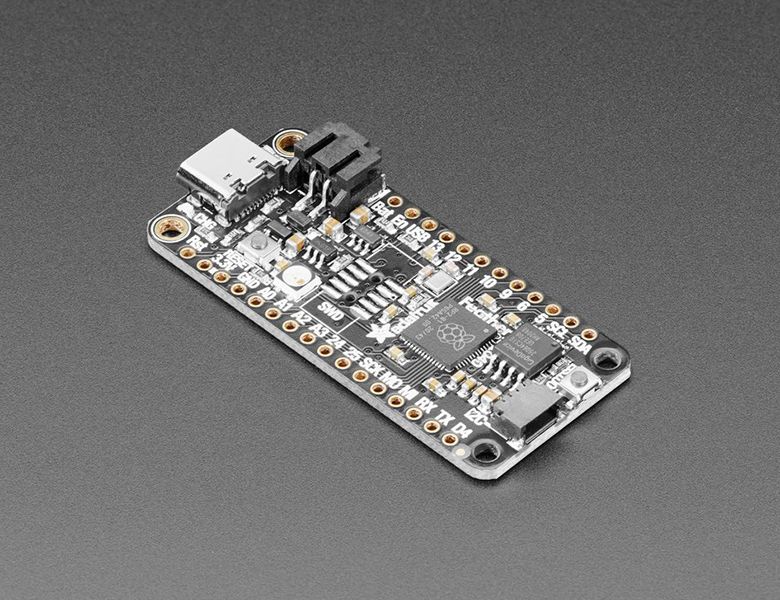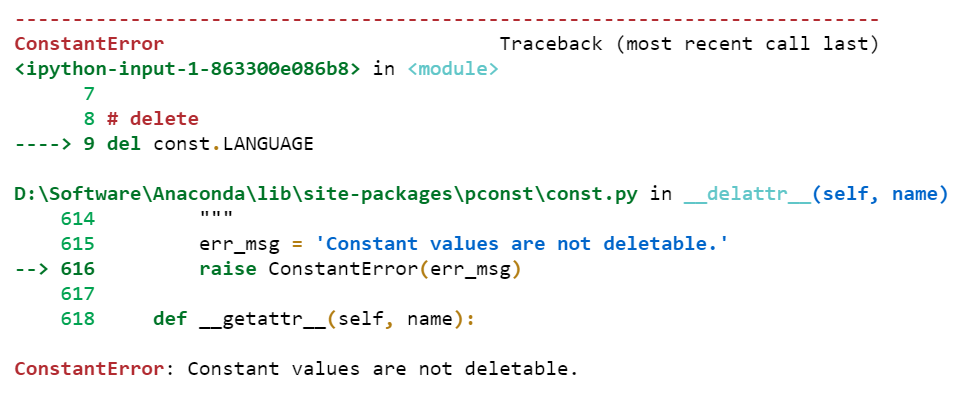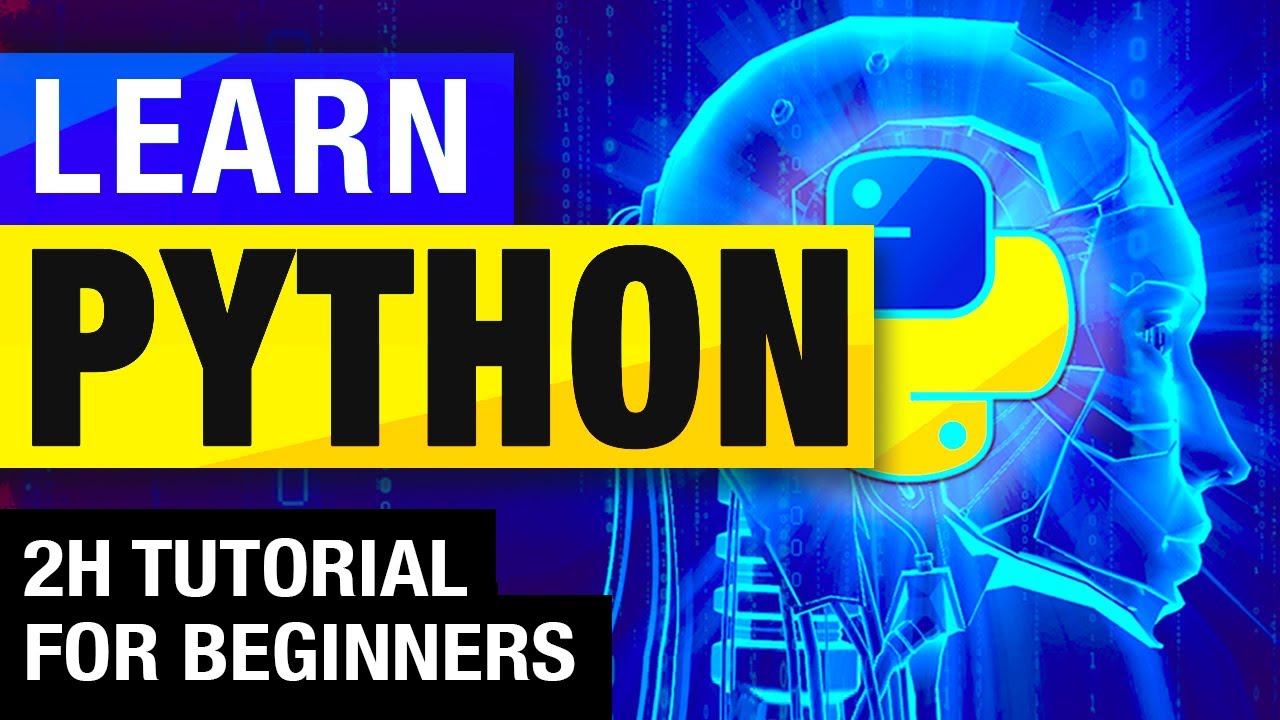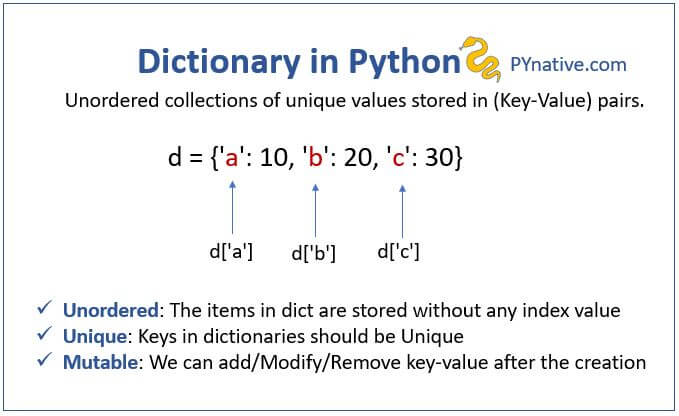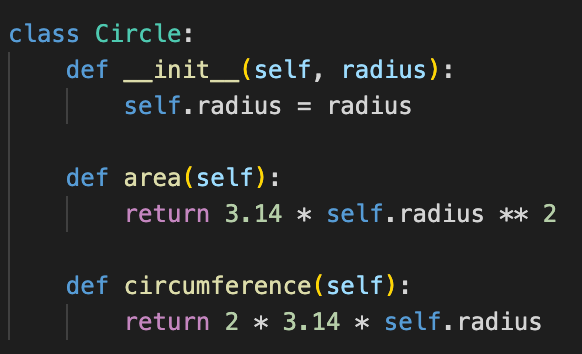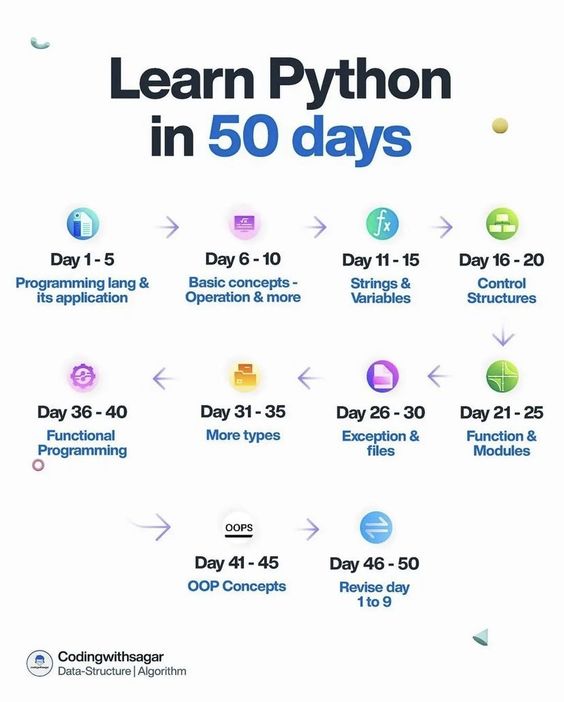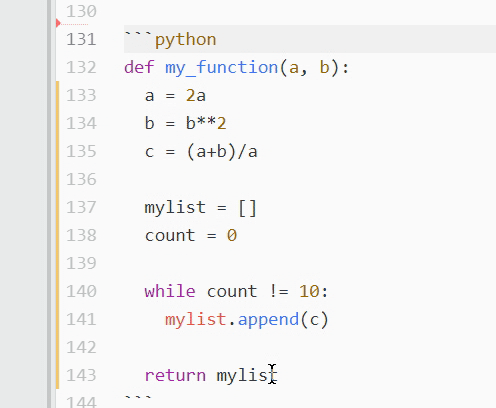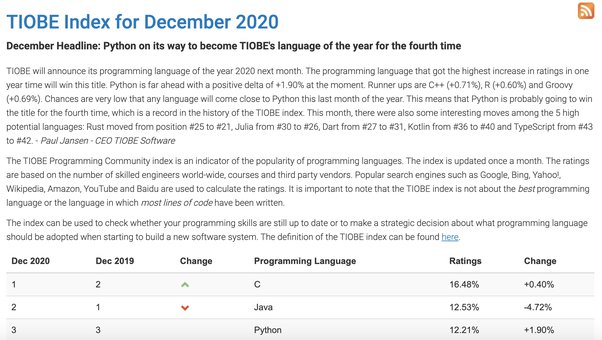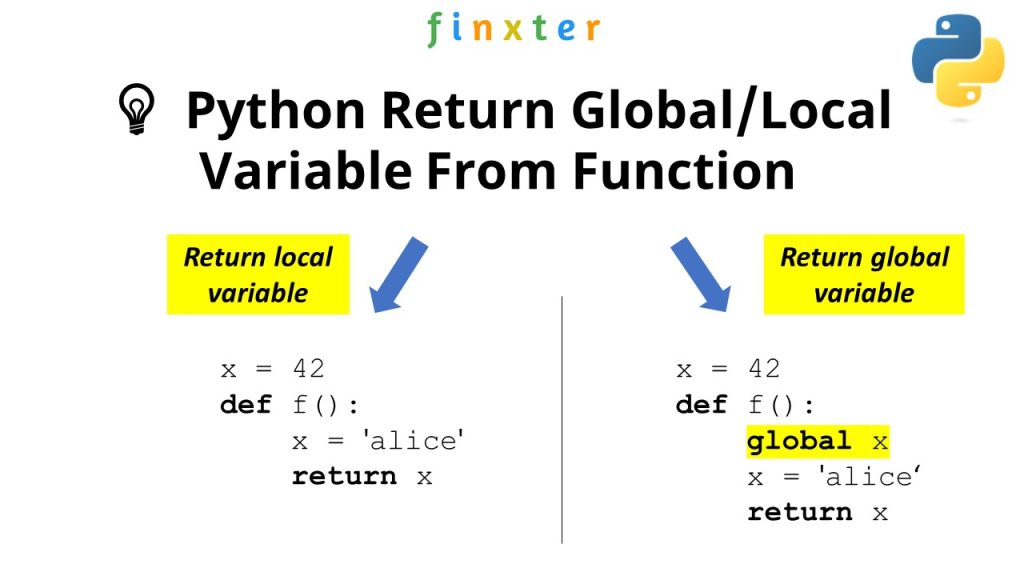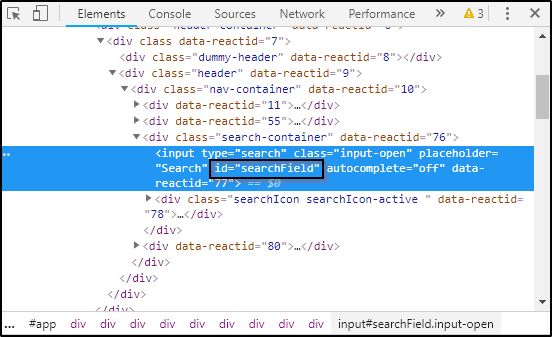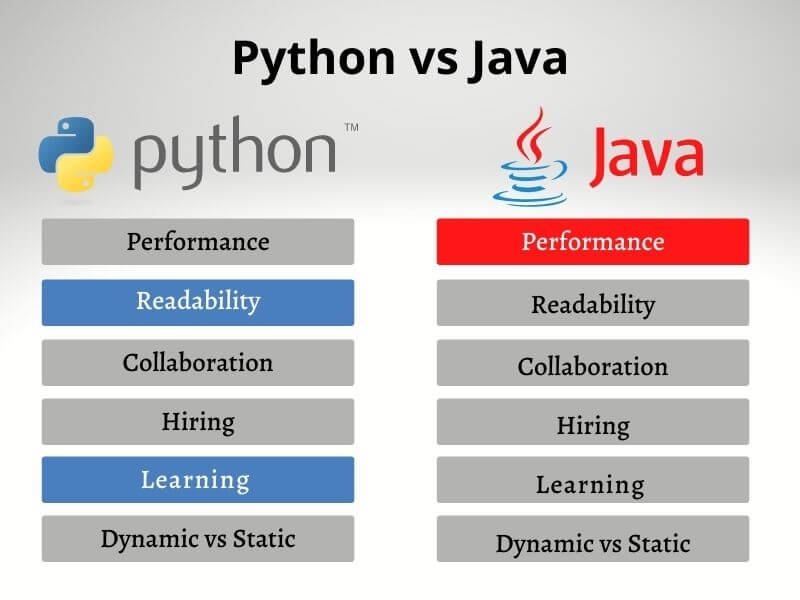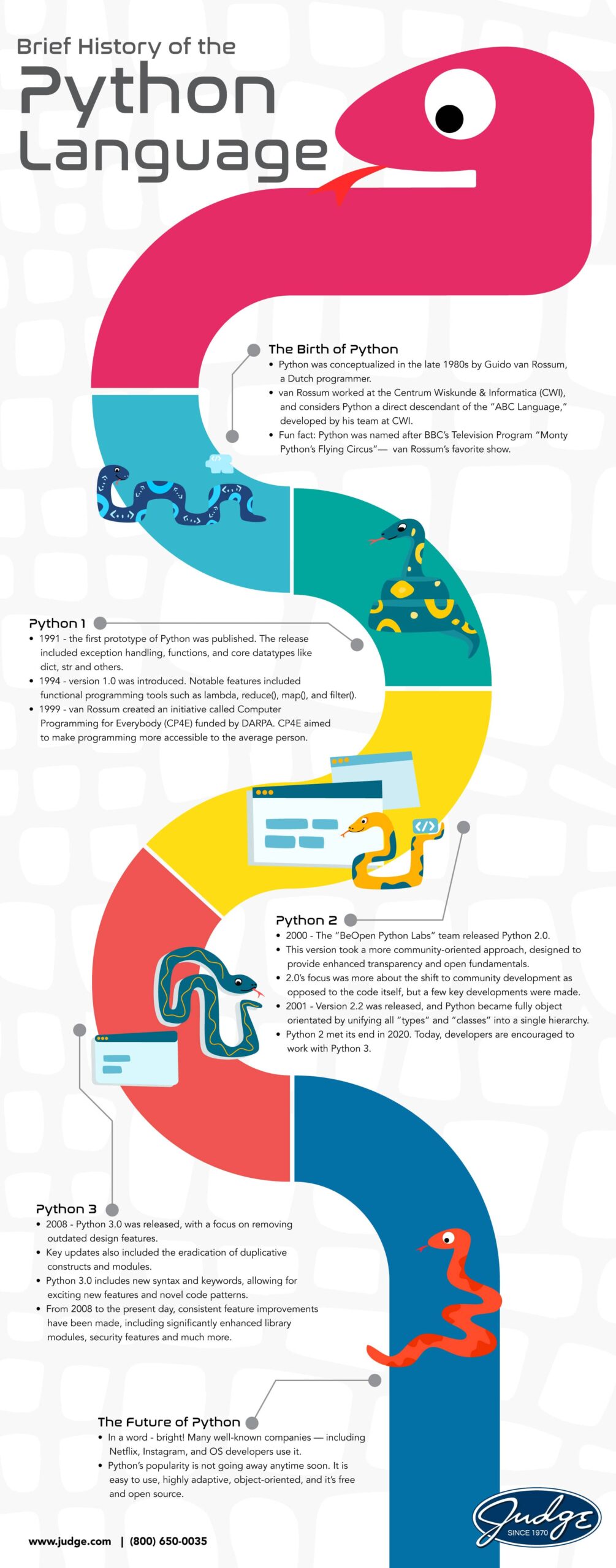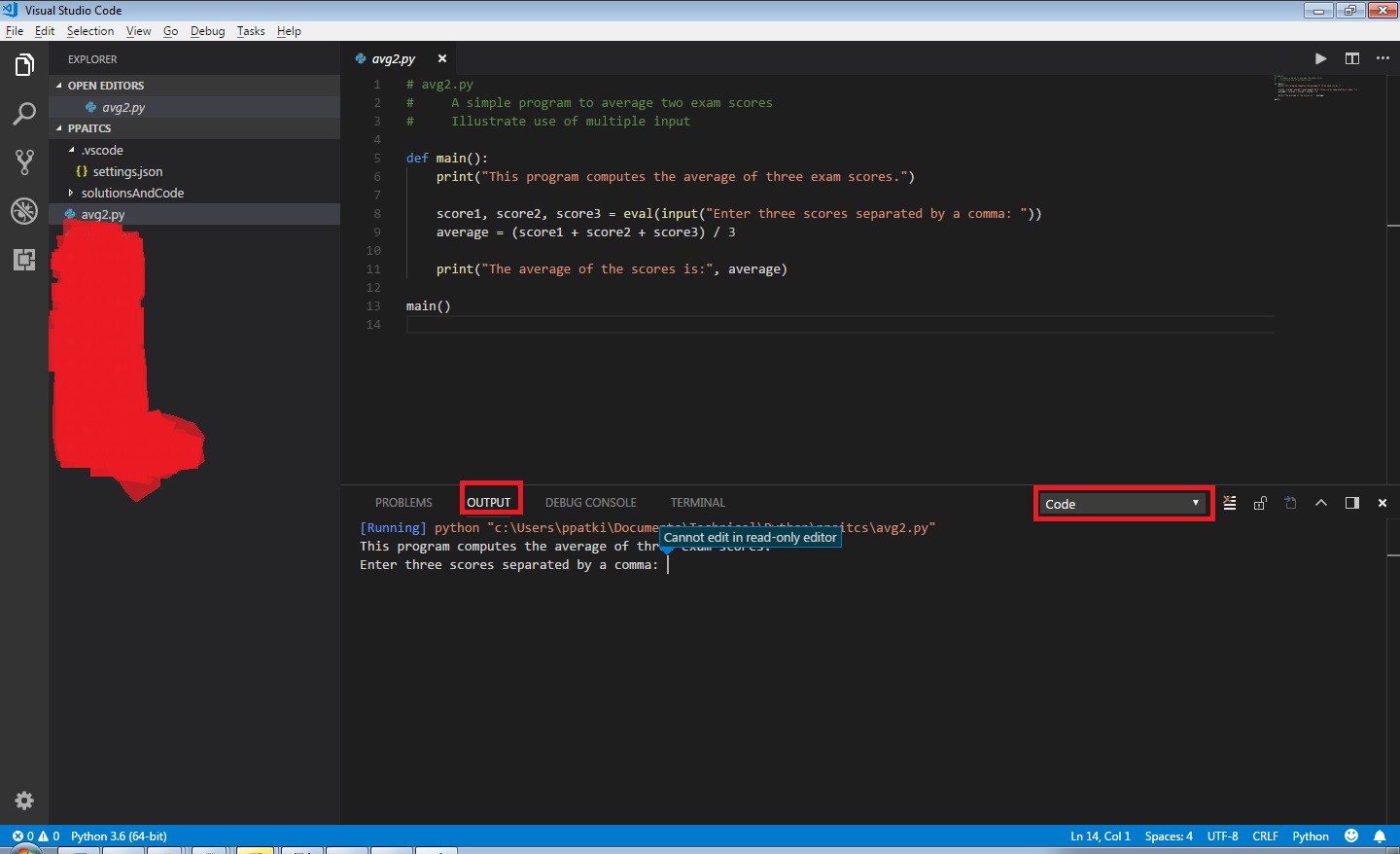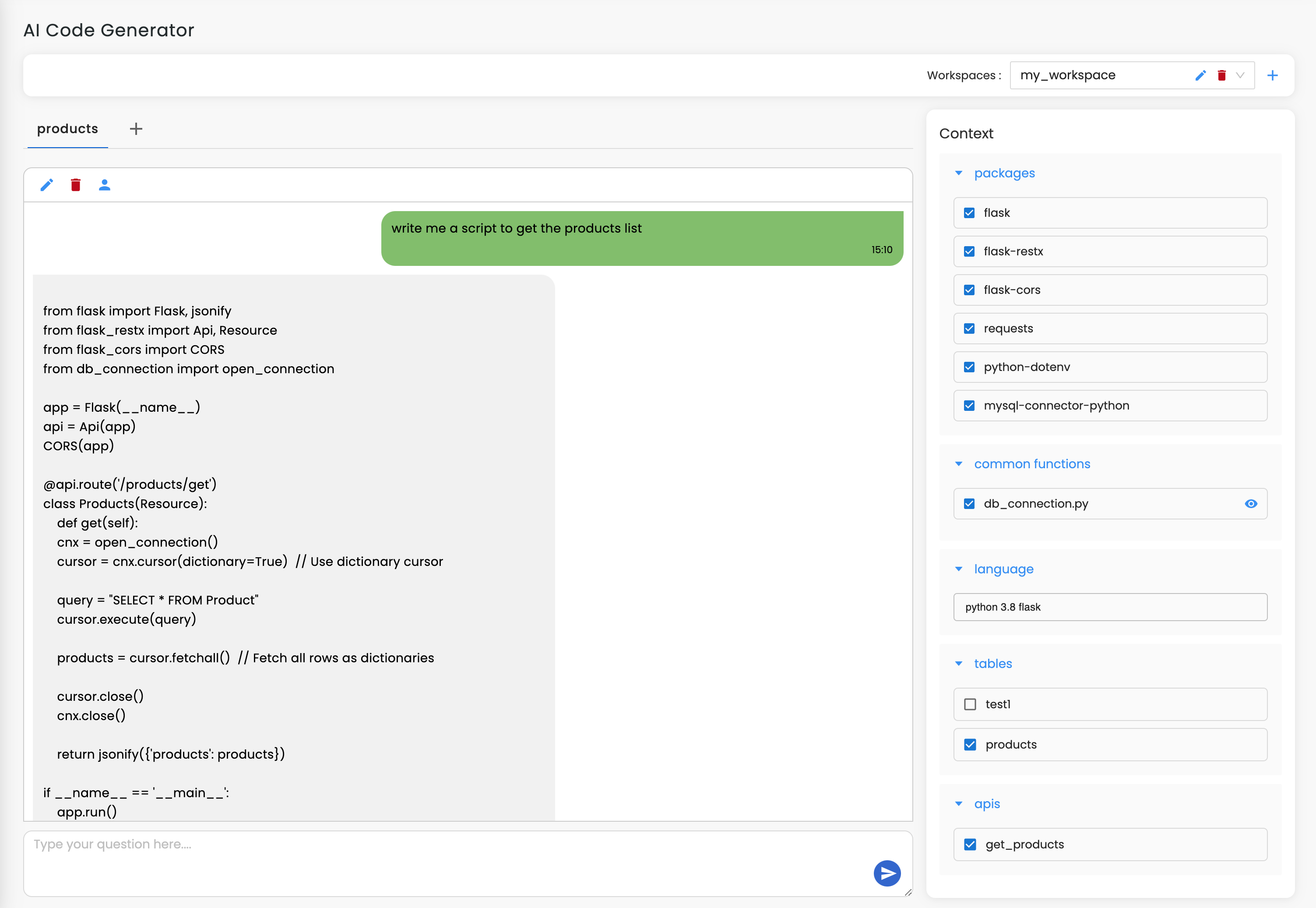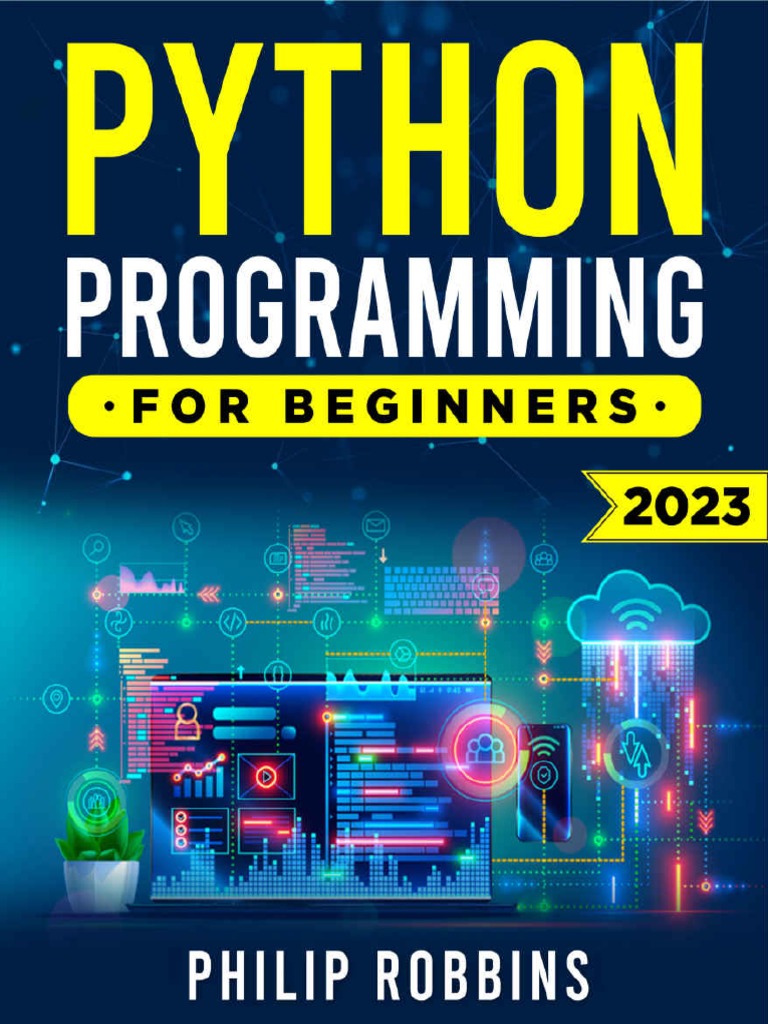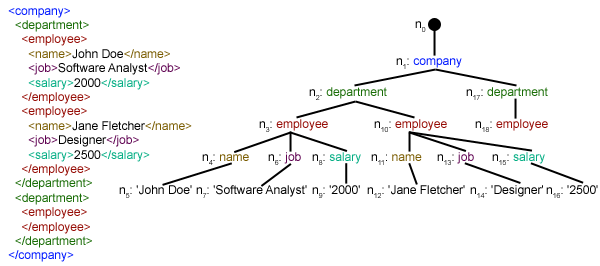Can I learn Python in 3 months
Can I learn Python in 3 months
Learning Python in 3 months is definitely achievable if you are dedicated and committed to your learning process. Here's a detailed guide on what you can expect and how to make the most out of your 3-month learning journey:
Week 1-2: Basics and Fundamentals
Start by understanding the basics of programming, such as variables, data types, loops, conditionals, functions, and modules. Install Python and a code editor or IDE (Integrated Development Environment) like PyCharm, Visual Studio Code, or Spyder. Complete online tutorials or coding challenges that introduce you to Python's syntax and basic concepts. For example: Codecademy's Python course W3Schools' Python tutorial edX's Python for Everybody (Course 1: Python Basics)Week 3-6: Data Structures and Algorithms
Dive deeper into data structures such as lists, dictionaries, sets, and arrays. Learn about algorithms like sorting, searching, and manipulating data. Practice solving problems on platforms like LeetCode, HackerRank, or Codeforces. Study efficient data structure usage and optimization techniques.Week 7-9: Object-Oriented Programming (OOP) and File Handling
Understand the basics of OOP in Python, including classes, objects, inheritance, and polymorphism. Learn about file handling in Python, including reading and writing text files, CSV files, and JSON data. Practice creating classes and manipulating file inputs/outputs using Python.Week 10-12: Project Development
Apply your knowledge by working on a project that involves: Data analysis (e.g., pandas, NumPy) Machine learning (e.g., scikit-learn, TensorFlow) Web development (e.g., Flask, Django) Game development (e.g., Pygame, Panda3D)Tips and Recommendations
Set aside dedicated time for learning each week. Practice consistently to reinforce your understanding of concepts. Join online communities like Reddit's r/learnpython or Stack Overflow for help with any issues you encounter. Use a Pomodoro timer to maintain focus during study sessions (25 minutes work + 5-minute break).Conclusion
Learning Python in 3 months requires commitment, persistence, and a willingness to learn. By focusing on the fundamentals, data structures, algorithms, OOP, file handling, and project development, you'll be well-equipped to tackle real-world projects and continue learning after your initial 3-month journey.
Remember, Python is a powerful tool with vast applications. Stay motivated, stay curious, and enjoy your learning journey!
Can I learn Python in a week
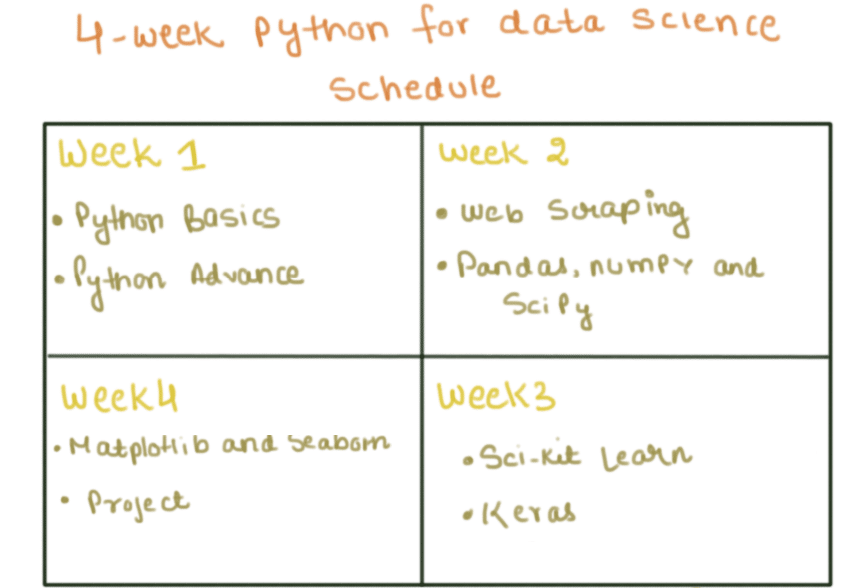
Learning Python in just one week sounds like an ambitious goal! While it's technically possible to get started with the basics of Python in a short period, mastering its nuances and becoming proficient will take significantly longer.
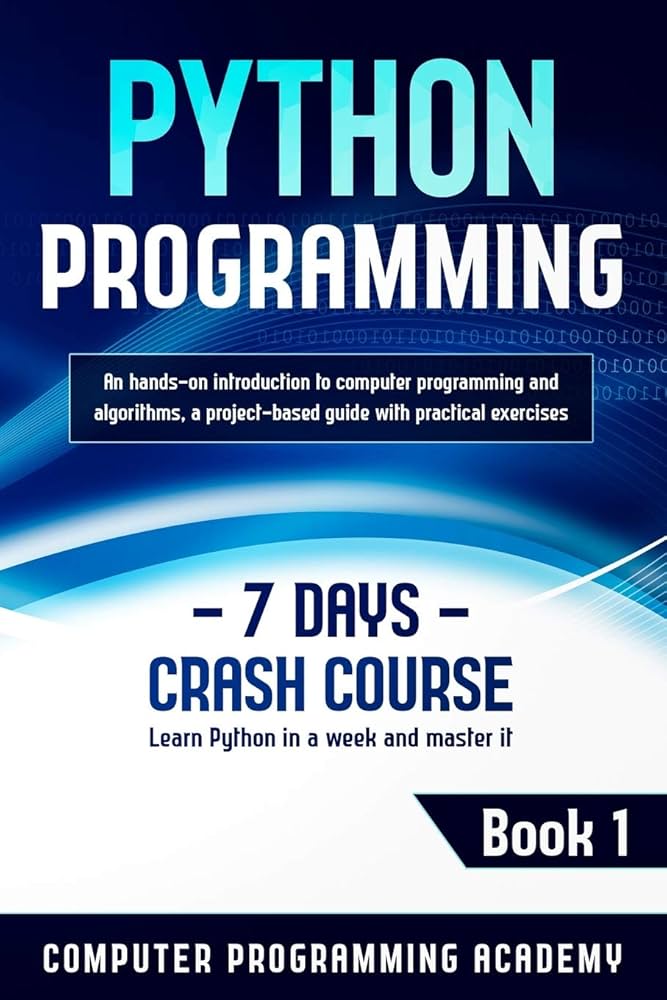
Python is a versatile programming language with vast applications, from data analysis and machine learning to web development and automation. To make progress, you'll need to dedicate time to learn its syntax, data structures, functions, classes, modules, and libraries.
Assuming you have no prior Python experience, here's a rough outline of what you might cover in one week:
Day 1-2: Basics
Install Python on your computer and set up an IDE (Integrated Development Environment) like PyCharm or VSCode. Learn the basic syntax: Variables Data types (int, float, string) Operators Control structures (if/else, for loops) Write simple programs to practice variable assignment, printing, and arithmetic operations.Day 3-4: Functions and Modules
Understand how functions work in Python: Defining and calling functions Returning values and using arguments Learn about modules: Importing built-in modules (e.g., math, statistics) Creating custom modules for reusabilityDay 5-6: Data Structures and File Handling
Explore data structures: Lists and tuples Dictionaries and sets Practice manipulating data structures Learn about file handling: Reading and writing text files Understanding CSV, JSON, and other formatsDay 7: Review and Practice
Review what you've learned so far Practice solving problems on platforms like LeetCode, HackerRank, or CodeWars Start exploring more advanced topics (e.g., object-oriented programming, decorators, generators)Keep in mind that this is an extremely condensed schedule. To become proficient with Python, you'll need to spend significantly more time:
Practicing regularly: 30 minutes to 1 hour a day for at least 2-3 months Building projects and experimenting with different concepts Reading books, tutorials, or online resources (e.g., Python documentation, tutorials on YouTube)Remember that learning a programming language is a marathon, not a sprint. Don't rush through the basics; focus on solidifying your understanding before moving on to more advanced topics.
If you're willing to put in the time and effort, you'll find that learning Python can be an incredibly rewarding experience. Happy coding!
